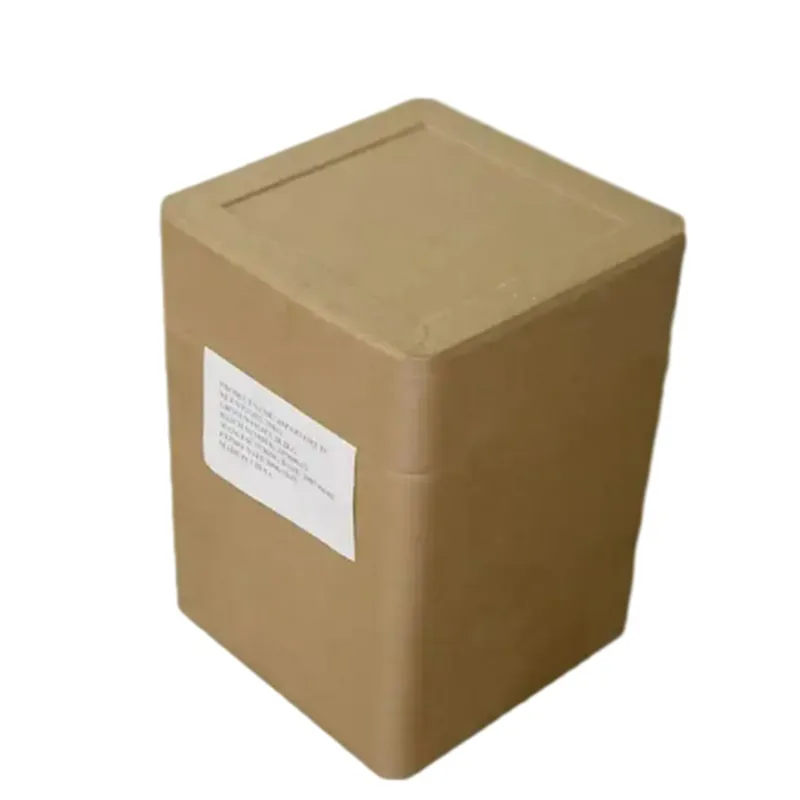
Understanding the Role of Preservatives in Bread Shelf Life and Quality
The Role of Preservatives in Bread Ensuring Freshness and Safety
Bread, often referred to as the staff of life, is a staple food consumed worldwide in various forms. From crusty baguettes to soft sandwich loaves, bread delights palates and sustains populations. However, one of the challenges manufacturers face is maintaining the bread's freshness and safety over time. This is where preservatives come into play. Understanding the role of preservatives in bread not only helps consumers make informed choices but also sheds light on food science.
What Are Preservatives?
Preservatives are substances added to food products to prevent spoilage, extend shelf life, and inhibit the growth of pathogens. In bread, preservatives can take various forms, including natural and synthetic ingredients. Common preservatives in bread include calcium propionate, sodium benzoate, and vinegar. These substances can help combat issues such as mold growth and staleness, which are common concerns for baked goods.
Why Use Preservatives?
1. Preventing Mold Growth One of the primary reasons for adding preservatives to bread is to inhibit mold growth. Bread made with perishable ingredients can develop mold within days if left in non-refrigerated conditions. Mold can not only change the flavor and texture of bread but also pose health risks if consumed. Preservatives such as calcium propionate help keep bread fresher for longer, reducing waste and ensuring safety.
2. Extending Shelf Life Preservatives play a critical role in extending the shelf life of bread. With busy lifestyles and increased demand for convenience, consumers often prefer products that can last longer without compromising quality. By incorporating preservatives, manufacturers can produce bread that remains soft and enjoyable for several days or even weeks.
bread preservatives

3. Enhancing Texture and Freshness Certain preservatives can also enhance the texture of bread. They can prevent staling, which occurs due to the retrogradation of starches. Preservatives like ascorbic acid can help maintain the bread's texture, ensuring it remains soft and palatable.
Health Considerations
While the benefits of preservatives are evident, some consumers express concern over their potential health implications. Natural preservatives, like vinegar or ascorbic acid, are often viewed more favorably since they are derived from naturally occurring sources. On the other hand, synthetic preservatives can raise alarms for some health-conscious consumers. However, regulatory bodies such as the FDA and EFSA rigorously assess the safety of food additives before they are approved for use.
It is crucial to note that the amount of preservatives used in baked goods is typically within safe limits. Manufacturers must adhere to guidelines and standards that ensure consumer safety. For individuals with specific dietary restrictions or concerns, reading labels can help make informed choices. Many artisanal and organic bread brands offer preservative-free options, catering to those who prefer less processed foods.
Conclusion
Preservatives play an essential role in the production and consumption of bread, ensuring that it remains fresh, safe, and enjoyable for longer periods. While concerns about additives are valid, understanding the purpose and benefits of these substances can help consumers navigate their choices more effectively. Whether enjoying a freshly baked loaf from a local bakery or picking up a packaged bread at the grocery store, recognizing the role of preservatives enhances our appreciation for this beloved food staple. Careful consideration of what goes into our bread can lead to a better balance between convenience, quality, and health.
-
Pure Sodium Dichloroisocyanurate Dihydrate | Powerful DisinfectantNewsAug.29,2025
-
Industrial Chemicals: Quality & Purity for Every IndustryNewsAug.28,2025
-
Nitrile Rubber Honoring Strict Production StandardsNewsAug.22,2025
-
Aspartame Ingredients Honoring Food Safety ValuesNewsAug.22,2025
-
Fertilizer for Balanced Plant NutritionNewsAug.22,2025
-
Cyanide Gold Processing with High Purity AdditivesNewsAug.22,2025
-
Formic Acid in Textile Dyeing ApplicationsNewsAug.22,2025
Hebei Tenger Chemical Technology Co., Ltd. focuses on the chemical industry and is committed to the export service of chemical raw materials.
-

view more DiethanolisopropanolamineIn the ever-growing field of chemical solutions, diethanolisopropanolamine (DEIPA) stands out as a versatile and important compound. Due to its unique chemical structure and properties, DEIPA is of interest to various industries including construction, personal care, and agriculture. -

view more TriisopropanolamineTriisopropanolamine (TIPA) alkanol amine substance, is a kind of alcohol amine compound with amino and alcohol hydroxyl, and because of its molecules contains both amino and hydroxyl. -

view more Tetramethyl Thiuram DisulfideTetramethyl thiuram disulfide, also known as TMTD, is a white to light-yellow powder with a distinct sulfur-like odor. It is soluble in organic solvents such as benzene, acetone, and ethyl acetate, making it highly versatile for use in different formulations. TMTD is known for its excellent vulcanization acceleration properties, which makes it a key ingredient in the production of rubber products. Additionally, it acts as an effective fungicide and bactericide, making it valuable in agricultural applications. Its high purity and stability ensure consistent performance, making it a preferred choice for manufacturers across various industries.





